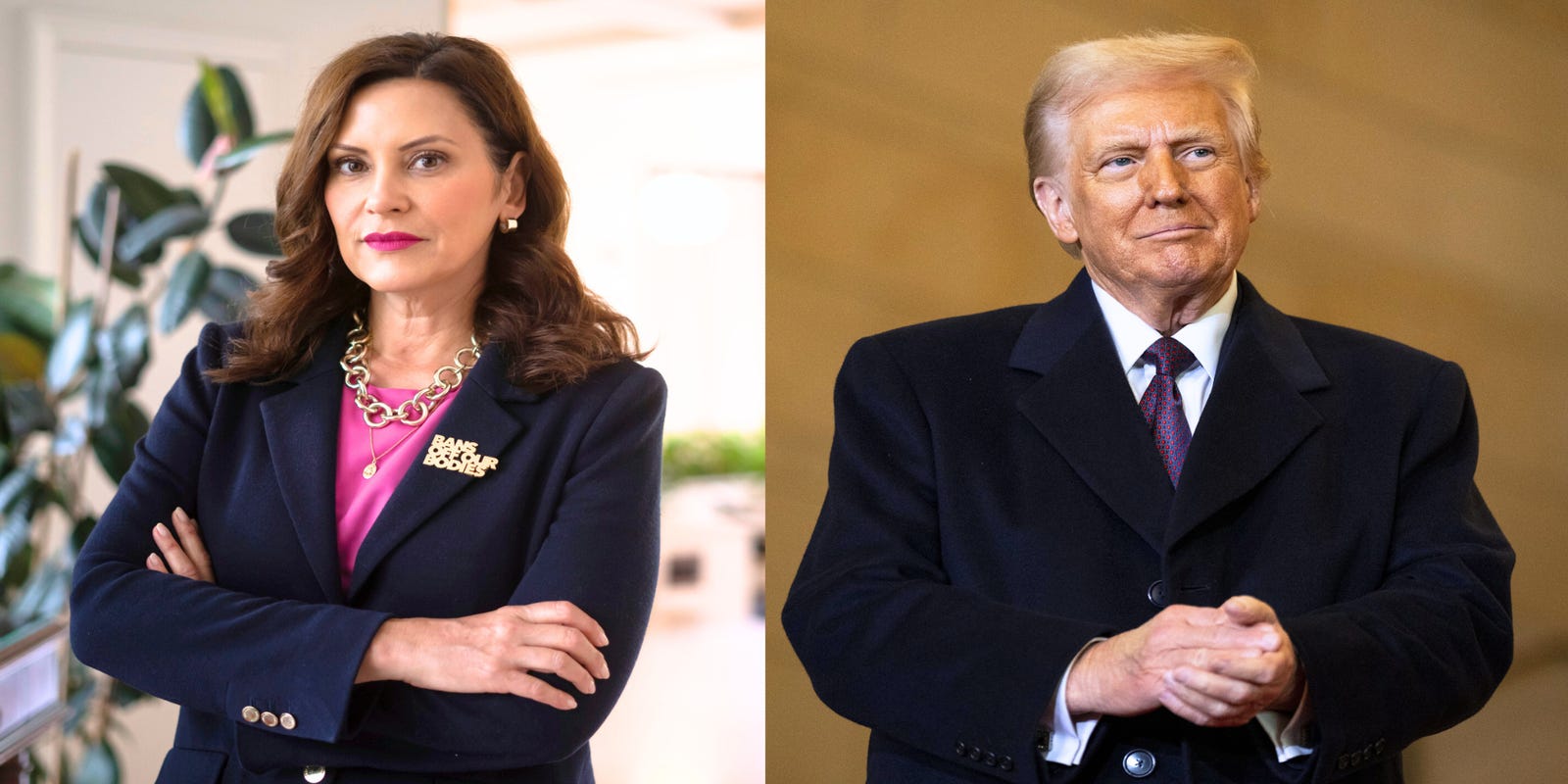Whitmer Reveals White House Encounter: Tariffs and Unheard Pleas to Trump

In a proactive move to champion Michigan's economic interests, Governor Gretchen Whitmer recently engaged in direct conversations with President Donald Trump and key members of his cabinet. During these discussions, she passionately advocated for the state's priorities, focusing on critical issues that could impact Michigan's economic landscape.
The governor's dialogue with the president centered on trade policies, particularly tariffs, which have significant implications for Michigan's manufacturing and industrial sectors. Whitmer seized the opportunity to provide a clear, compelling perspective on how these economic policies could affect the state's workers, businesses, and overall economic health.
By directly communicating with top federal leadership, Governor Whitmer demonstrated her commitment to ensuring Michigan's voice is heard at the highest levels of government. Her strategic approach underscores her dedication to protecting and advancing the state's economic interests in an increasingly complex national economic environment.

